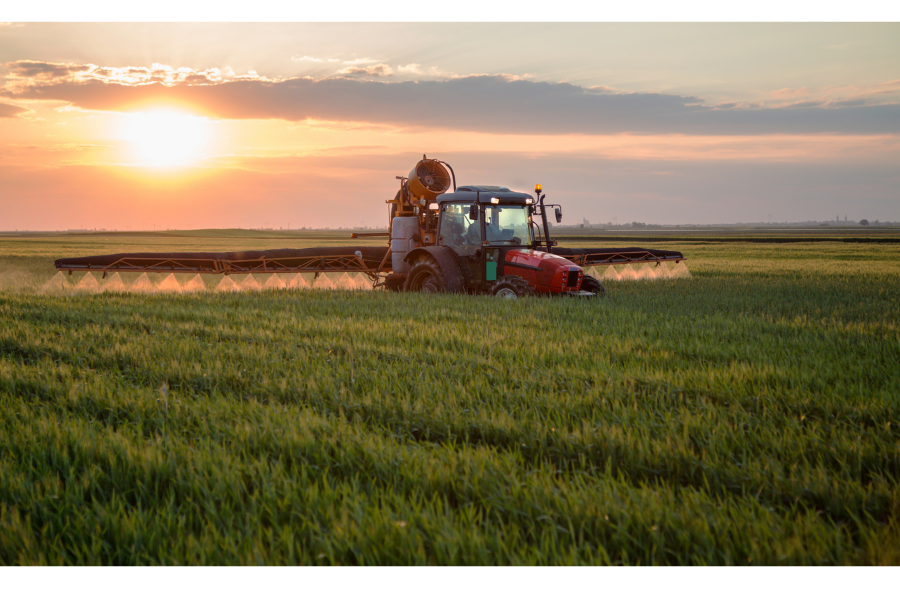Permaculture Vs Agriculture?
What is a definition of permaculture and how is it different from agriculture.
Permaculture is an ethical design science that can be employed to design, plan, build and manage sustainable regenerative systems holistically.
At the heart of Permaculture design are three simple yet pivotal ethics.
1. Earth Care
2. People Care
3. Fair share and return of surplus.
If we respect these three-core ethics in all aspects of our lives, its my opinion that we can become the keystone species of our planet and create a permanent sustainable regenerative world.
Permaculture design is based on science and observation. The design that you perform for your home, garden or farm will be unique and based on your needs, climate, local biology and local resources. You may want to grow bananas in a country with frost but they are a tropical plant and will not survive. We design understanding our limitations and how far we can push to achieve the best results without falling into chaos and destroying the system.
Permaculture was first described by the Australians, Bill Mollison and David Holmgren in the 1970’s. They thought to show a way that we could live in harmony with our planet and live within our means and sustainable resources, whilst creating abundant food and shelter. Much of their work was based from observation of indigenous people especially the Aborigines of Australia.
So, how does Permaculture differ from Agriculture?
First, let’s say that Agriculture is a very general word and some parts of Permaculture design fit underneath it.
A better question would be how does Permaculture differ from modern industrial agriculture?
In this case let’s first describe what modern industrial agriculture is. When I think of words to describe industrial agriculture I think, monoculture, giant fields, the use of chemicals, mechanisation, intensive animal grazing, long distance food transport, GMO, deforestation, soil erosion, pollution of our rivers. These systems are out of sync with the natural world and are only able to work through the use chemicals to kill pests and provide food to the plants. These systems are not permanent and are highly destructive.

Permaculture is holistic, it creates a thriving ecosystem with multiple yields from polycultures based on a harmony with the local environment giving habitat for other living organisms to thrive and maintain balance. The soil is respected as a partner and fed and cared for creating a permanent thriving eco system.
The food that comes from an industrial Ag system often will have been sprayed with multiple toxins and other chemicals, the food nutrient density will often be very minimal, in comparison food from a Permaculture system will not contain man made toxins or chemicals (unless the rain or air contains them from pollution outside of our control) The food nutrient density will be very high based on local optimal soil conditions and the local climate.
Permaculture can design systems, adapted to the local climate and community, creating and sustaining local employment and solutions that respect the Earth and create thriving systems. Permaculture is a tool box; we choose the right tool that we find inside the box to create living thriving permanent solutions the world over.
.png)


